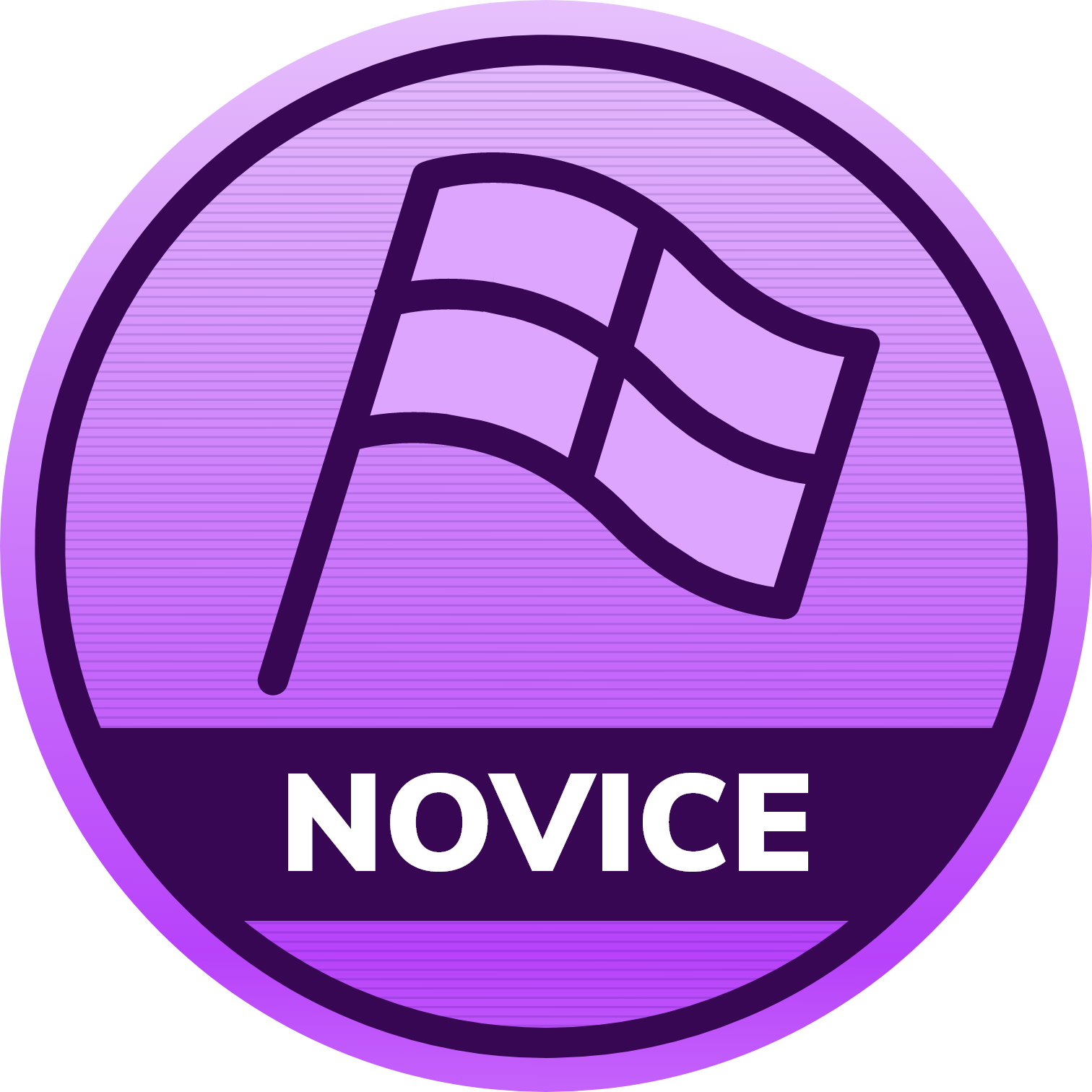Hey all, have you guys really wrapped your head around Retrieval-Augmented Generation (RAG)? Is it just another technique to teach these AI models, or are we actually looking at a new era of AI, where models don’t just generate but actively retrieve knowledge on the fly? Because if it’s the latter, we’re talking about something bigger than just ChatGPT.
Need some clarifications on RAG (Retrieval-Augmented Generation)Solved
 49 Views
49 Views
Replies (5)
Hey mate, I did come across a few major articles discussing this topic, and I personally found them really interesting.
In a Google article, RAG is described as a way to enhance language models without retraining them, letting AI fetch external data instead of relying on stale, pre-trained knowledge.
https://cloud.google.com/use-cases/retrieval-augmented-generation
But what really caught my eye was NVIDIA’s take on RAG.
https://blogs.nvidia.com/blog/what-is-retrieval-augmented-generation/
Apart from the interesting way to come up with a cool name, in an interview with some of their top researchers, they emphasized how retrieval reduces hallucinations, making AI far more trustworthy in critical fields like healthcare and finance.
But here’s what I’m wondering, if RAG is so revolutionary, what’s stopping it from being the default approach for all AI models right now?
Wow, that’s exactly what I’m here for, some solid insights on this topic! Appreciate you bringing up Google and NVIDIA’s stance. I’ve been digging around too, and there are heaps of articles flying’ around on this. Plenty of them are all about praising the advancements, then IBM show up with some dirt.
IBM mentioned something to be considered as a major flaw, if RAG pulls from biased or unreliable sources, it just amplifies misinformation. Imagine AI confidently pulling outdated legal precedents or bad medical advice, that’s a lawsuit waiting to happen! So, while it makes AI more dynamic, it also raises the bar for curation and oversight.
You can check it out here.
Aren’t we trying to make AI more human-like mate? Instead of just focusing on all the perks, we gotta look at how it messes up, just like us. IBM made a solid point on that, anything left unchecked can spiral out of control real quick.
Maybe it has all got to do with the perspective mate. AWS has a different POV.
https://research.ibm.com/blog/retrieval-augmented-generation-RAG
They see RAG as a way to improve enterprise search, making AI an active knowledge assistant for businesses. They’re working on speeding up retrieval systems, ensuring AI pulls the most relevant and context-aware data. So while IBM’s got their concerns, AWS is already pushing RAG for large-scale corporate use.
But here’s the real kicker, if retrieval is so critical, what happens when the retrieval system itself isn’t optimized?
Dude, I really appreciate the way you build both questions and solutions in a single statement. But these language models play it safe. There’s always some tiny disclaimer tucked away in a corner saying, “The information provided may be incorrect. Please verify before proceeding.”, just covering their bases, you know?
According to Microsoft, the real challenge for RAG is its infrastructure. You need efficient indexing, ranking algorithms, and real-time search capabilities. Without those, RAG is just another slow and unreliable AI system.
But I have also checked the Prompting Guide’s take on this. They argue that retrieval alone isn’t enough, prompting strategies are just as important. If you don’t ask the right questions, you’ll still get garbage outputs, no matter how good the retrieval model is. So essentially, RAG’s power depends on both how well it retrieves data and how well users prompt it.
You can check out those articles I mentioned above here:
https://learn.microsoft.com/en-us/azure/search/retrieval-augmented-generation-overview
https://www.promptingguide.ai/techniques/rag
So, the real question is, “Is RAG the future of AI”, or do we need an even more advanced evolution beyond retrieval-based systems?
Damn.., DivaD, you really got me thinking there. Ain’t no doubt RAG is a game-changer, but it ain’t perfect. Like you said, it needs strong retrieval, smart indexing, and solid prompting techniques.
Let’s see where these AI models evolve in the next few years, cause if we get this right, we’re talking about an AI that never stops learning and never goes out of date (sounds enough human to me).


